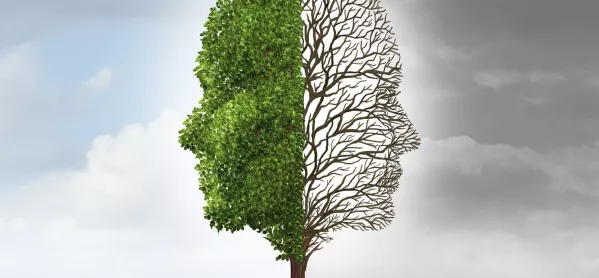As scientific research is applied to more areas of education, teachers remain conflicted about its usefulness, according to celebrated cognitive scientist Daniel Willingham.
Battle lines, he said, are often drawn up between teachers who are unwilling to give up practices they have used for years and colleagues who point to evidence that these particular methods either do not work or can be replaced by something better.
In a keynote address at the first researchED conference in New York, which aims to improve research literacy in schools, Professor Willingham said he has often brought news to teachers and administrators that they do not want to hear. One example, he said, was the lack of scientific evidence for learning styles.
Outlining useful techniques for talking to teachers about research, Professor Willingham, of the University of Virginia, said teachers often need time to process data-based theories.
It is important to understand, he added, that you are dealing with people who have coherent and well-motivated beliefs that what they are doing is correct.
“If you approach a teacher or an administrator and say that this thing they believe is wrong, that there’s good evidence this method doesn’t work, the way they may hear it is that they haven’t been a good teacher for 20 years and that’s not what it’s about at all.”
Teachers experience cognitive dissonance, he told the audience at the conference, when they hold two conflicting beliefs at the same time. They can believe in both the validity of research and the techniques they use that the self-same research proves wrong.
Professor Willingham related how he had a long conversation with a teacher who claimed research will never trump experience. “She said;’ I’ve taught in the classroom for 30 years and no-one can tell me anything because I’ve pretty much seen it all,’” he said. “In a situation like this it’s important to ask questions and get to the root of what is motivating this belief,” he continued.
He found that the teacher’s misgivings were about autonomy. “Her perception of research was that it would end up specifying exactly what she had to do. It’s a hopeless idea that research would ever do that but that what’s what she saw as the end product.
“What I try and keep in mind is that I’m actually winning the argument when the other person is talking because I need to know where they’re coming from, if I’ve got any hope of ever convincing them of something.”
The most important technique, he said, is to learn to be patient and allow teachers space to come to a different conclusion. “It’s about planting a seed, walking away, and letting them mull it over on their own time before revisiting it with them,” he said.

